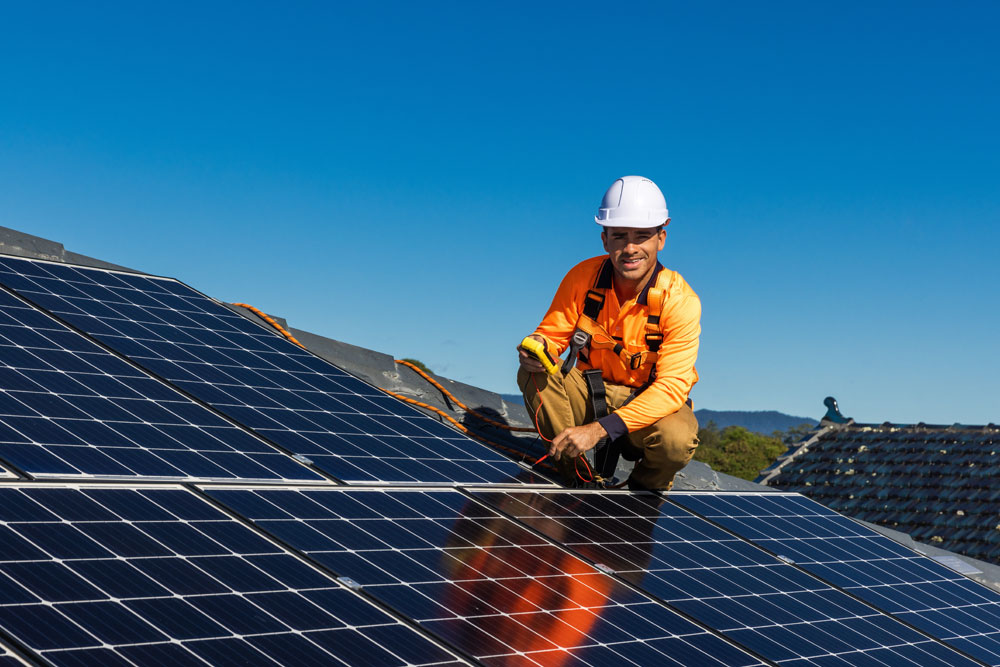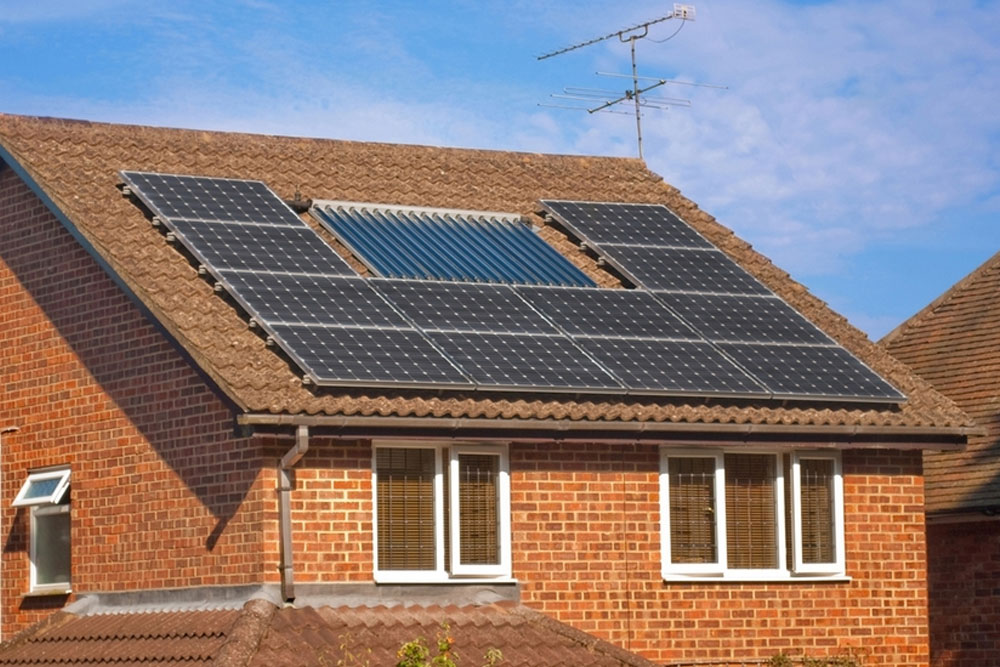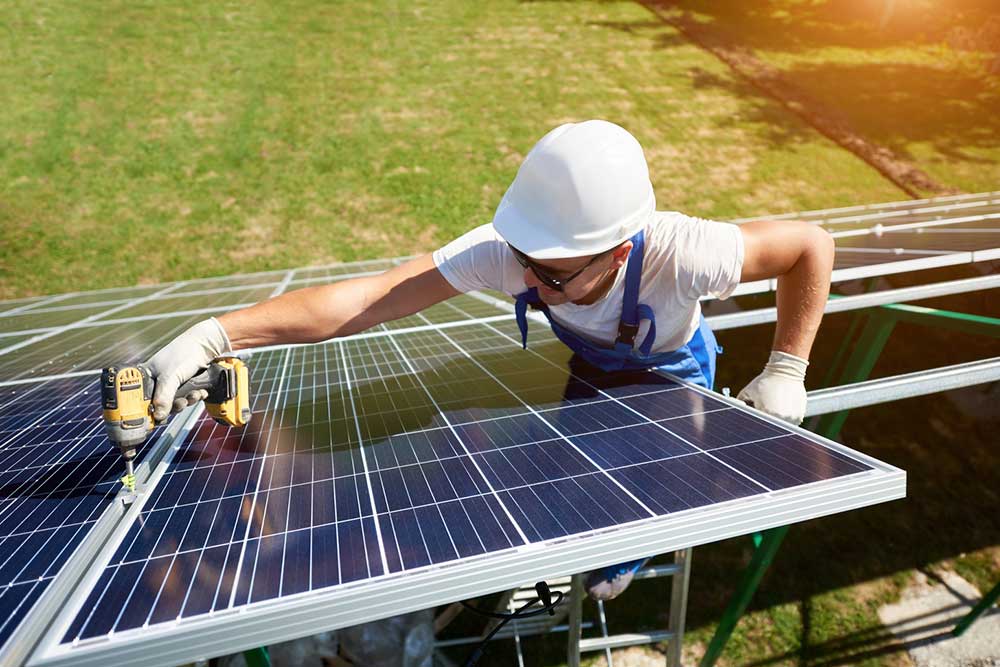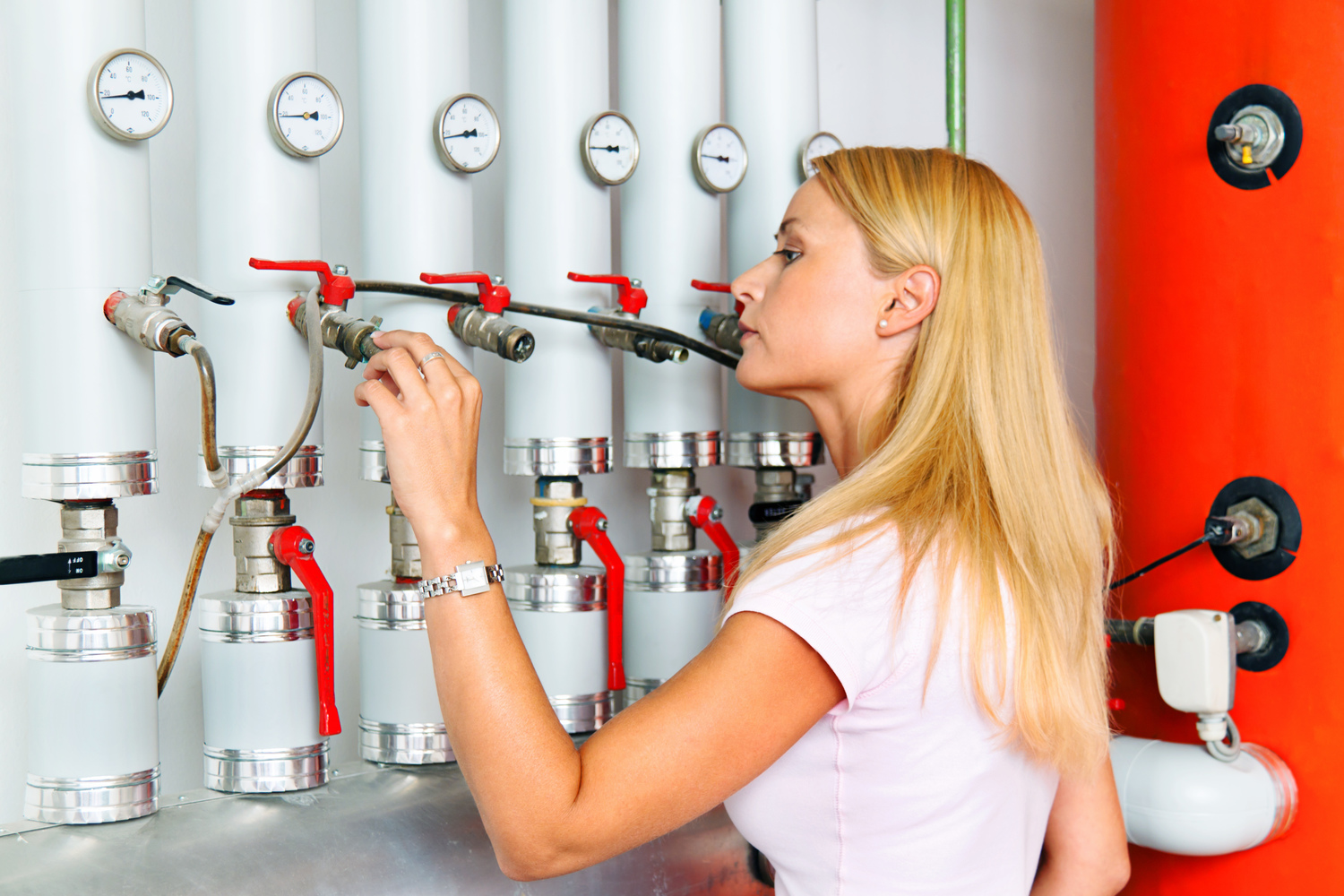Comprehensive Guide to Heat Pump Costs and Effective Strategies for Savings
Discover detailed insights into heat pump costs, including purchase, installation, and operation. Learn effective strategies like utilizing incentives and regular maintenance to maximize savings. This comprehensive guide helps homeowners make informed decisions about eco-friendly heating and cooling solutions, emphasizing long-term value and sustainability benefits.
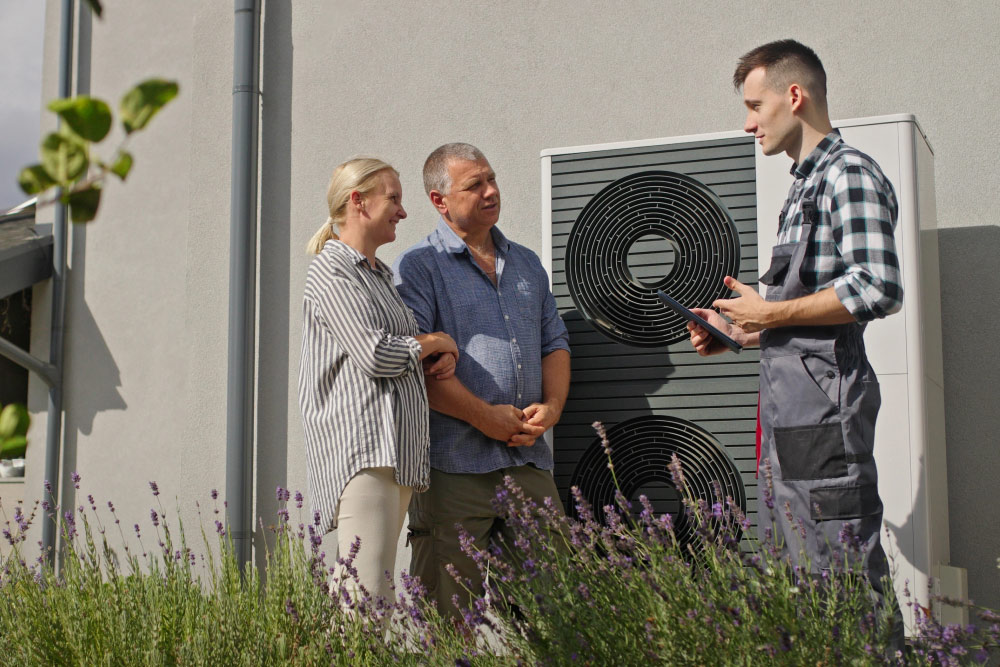
Understanding the Costs of Heat Pumps and How to Maximize Your Savings
In today’s push towards sustainable and eco-friendly heating and cooling solutions, heat pumps have emerged as a highly efficient alternative to traditional HVAC systems. These advanced devices work by transferring heat from the outside environment—air, water, or ground—into your home for heating, and vice versa for cooling. As homeowners consider switching to heat pumps, it’s essential to grasp the various costs involved, including purchase, installation, and ongoing operational expenses. Knowing these details will help you make informed decisions and optimize your investment.
Factors Influencing Heat Pump Prices
Heat pumps derive their energy from natural sources—air, water, or underground—each affecting the overall cost based on installation complexity and equipment type. Typically, air-source heat pumps are more affordable and generally easier to install, making them a popular choice for many households. On the other hand, ground-source or geothermal heat pumps tend to have higher initial costs due to the extensive groundwork required but offer greater efficiency and savings over time.
Cost Overview for Air-to-Water Heat Pumps
The purchase price and installation costs of air-to-water heat pumps usually start around €27,000 and can go beyond €40,000 depending on the size of your property and your specific energy needs. When acquiring a heat pump, it’s important to consider what’s included, such as installation fees, labor, and potential maintenance charges. Many providers bundle these costs into the total price, making it easier to budget for the entire project.
High-Temperature Geothermal (Ground-Source) Heat Pump Costs
Ground-source or geothermal heat pumps tend to be more expensive, with costs typically ranging from €40,000 to €50,000. Installation involves drilling and extensive groundwork, which depends heavily on factors such as soil type, land size, and depth of digging required. Although the upfront investment is significant, geothermal systems often deliver higher efficiency and lower operational costs, making them attractive for long-term energy savings.
Estimating Operational Expenses
One of the key considerations when choosing a heat pump is the annual electricity consumption. A typical household heat pump consumes between 4,000 and 6,000 kWh per year, translating to an electricity bill of over €2,500 depending on your local energy rates. However, you can reduce these costs by selecting units with a high coefficient of performance (COP), which measure efficiency, or by switching to cheaper electricity tariffs. Properly maintaining your system can lead to savings of up to 20-25% annually, significantly decreasing you total energy expenses over its lifespan.
Strategies to Save Money on Heat Pump Ownership
1. Take Advantage of Government Incentives and Subsidies
Many governments and local authorities offer financial incentives to promote environmentally friendly upgrades. Eligible homeowners can receive subsidies that cover up to 40% of the purchase price if their heat pump meets efficiency standards. In some cases, additional grants are available when integrating renewable energy sources such as solar thermal systems. It’s crucial to apply for these grants before installation to benefit from the financial support and reduce upfront costs.
2. Prioritize Regular Maintenance
Ensuring your heat pump works at peak efficiency involves routine maintenance and professional servicing. Regular inspections prevent potential issues, extend the lifespan of your unit, and avoid costly repairs. Keeping filters clean, checking refrigerant levels, and calibrating controls can enhance performance, resulting in lower energy consumption and cost savings over the years.
Overall, understanding the comprehensive costs associated with heat pumps and adopting strategic practices can make your investment worthwhile. By leveraging government incentives, choosing the right type for your home, maintaining the system properly, and optimizing operational efficiency, you can enjoy significant savings while contributing to sustainability efforts.
